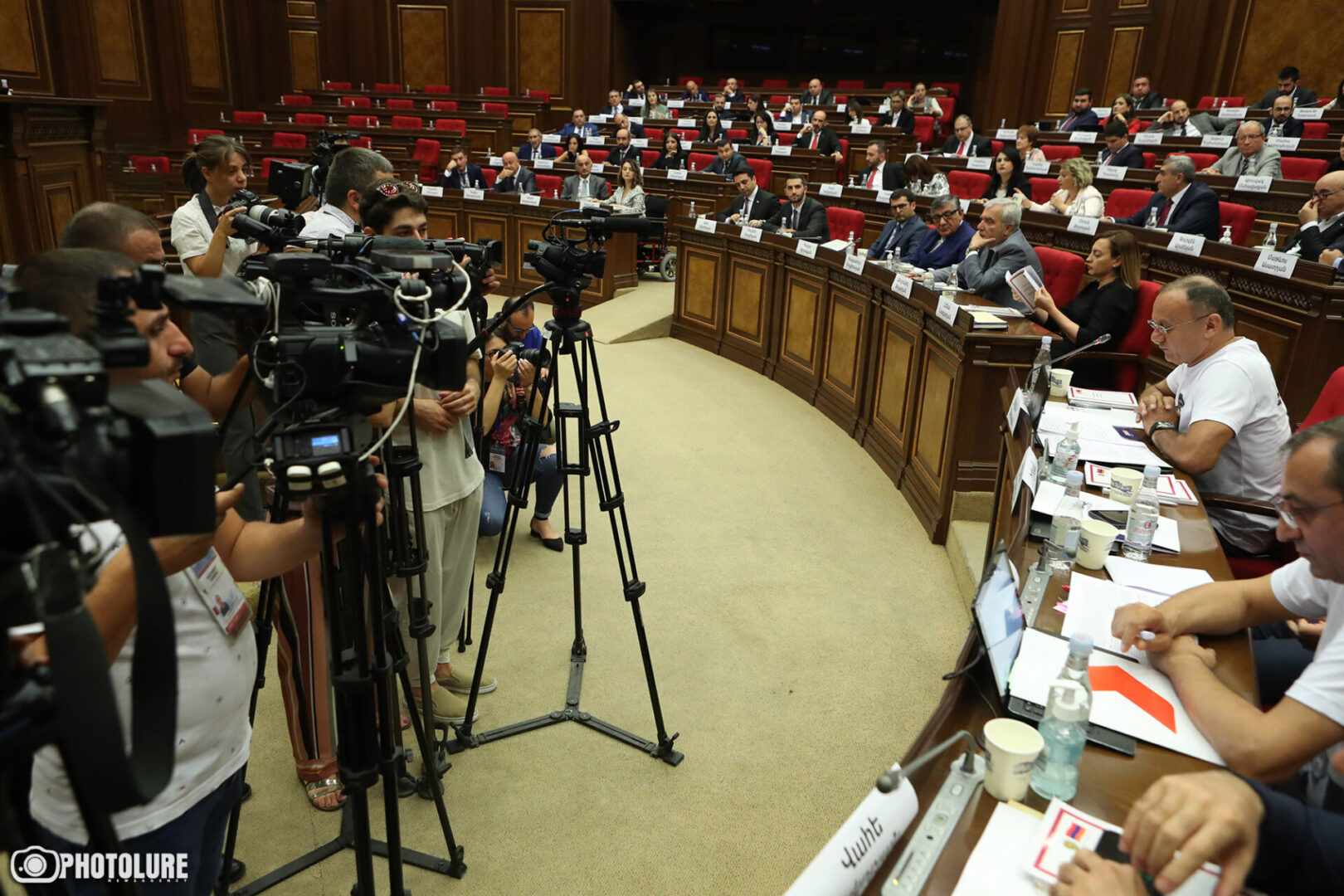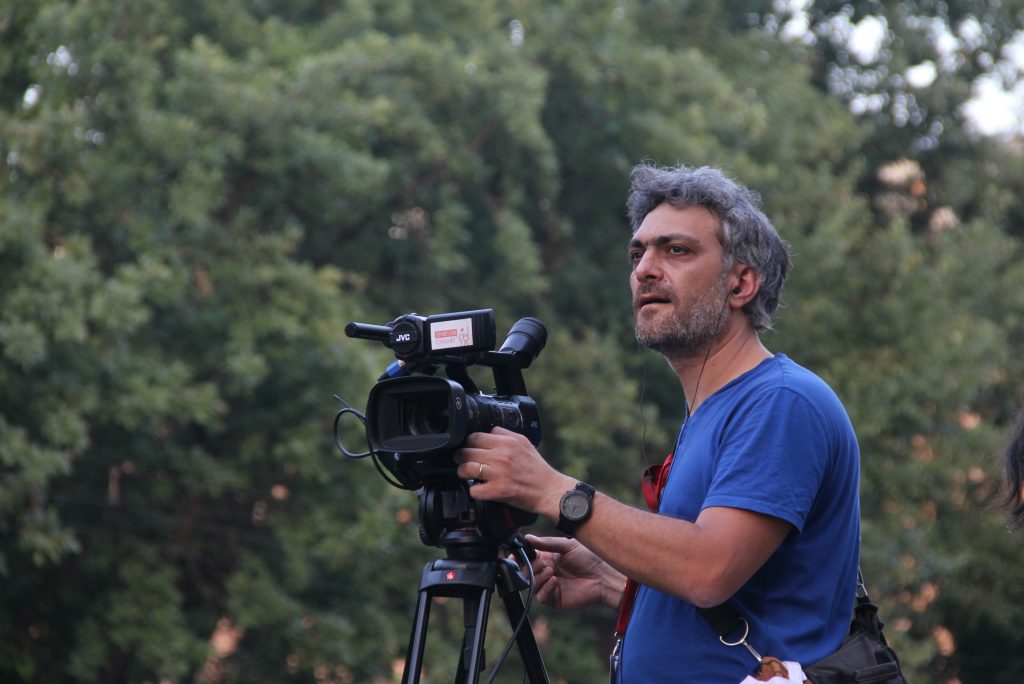Armenia improves its ranking in the Press Freedom Index – Reporters Without Borders
Armenia advances in 2025 Press Freedom Index
Armenia has ranked 34th out of 180 countries in the 2025 World Press Freedom Index, published by Reporters Without Borders (RSF).
The country continues to lead the region in press freedom. This year, Georgia ranks 114th, Azerbaijan 167th, Turkey 159th, and Iran 176th — all behind Armenia.
- Armenia becomes regional leader in press freedom, says Council of Europe official
- Georgian NGOs: ‘We won’t live under Russian-style laws and will resist to the end’
- ‘There is no freedom’ – journalists on lack of media freedom in Azerbaijan
Armenia shows significant progress, but challenges remain
In 2025, Armenia ranked 34th — a notable improvement from 43rd place in 2024 and 49th in 2023.
Despite this progress, the Reporters Without Borders report also highlights ongoing issues.
Specifically, the authors note that journalism as a profession is being discredited in Armenia, and journalists are frequently subjected to insults and attacks:
“The rhetoric of political elites, who accuse journalists of ‘corruption’ or serving the interests of opponents, creates an atmosphere of intolerance that hinders their work.”
According to RSF, violence against journalists continues to go unpunished. Media professionals face pressure, verbal abuse, and physical attacks — both from ruling party officials and members of the opposition.
Low levels of editorial independence
Respondents from 92 countries — more than half of RSF’s full list of 180 — reported that media owners “always” or “often” restrict editorial independence.
“Most broadcast and print media linked to major political and commercial interests continue to face pressure regarding their editorial policies,” the report states.
The authors highlight that some Armenian outlets remain loyal to former oligarchs, while others align with the ruling party:
“Only a few demonstrate genuine editorial independence.”
The report also notes that media polarisation in Armenia mirrors the country’s broader political climate. Two particularly sensitive topics stand out:
- Armenia-Azerbaijan negotiations
- increasingly strained Armenia-Russia relations
In addition, RSF experts observed targeted disinformation campaigns aimed at journalists, which they believe are orchestrated by certain political circles.
“In 42 countries, the situation is very serious”
For the first time in the history of the World Press Freedom Index, working conditions for journalists have worsened in half of the countries monitored by Reporters Without Borders (RSF). According to the organisation, only a quarter of the countries observed offer what can be considered satisfactory conditions for journalism.
The situation in 42 countries — home to more than half of the world’s population (56.7%) — is described as “very serious.” According to the report, In these countries, press freedom is virtually nonexistent and journalism is dangerous:
“In Palestine (ranked 163rd), the situation is catastrophic. In Gaza, it has deteriorated due to a complete blockade imposed by the Israeli army over 18 months ago, which destroyed newsrooms and killed nearly 200 journalists — 43 of them while carrying out their work.”
Israel is ranked 112th, having dropped 11 places in this year’s index.
RSF stresses that physical violence remains the most visible form of assault on press freedom. However, the organisation also identifies economic pressure as a serious and growing threat, making media outlets increasingly vulnerable:
“Ownership concentration, pressure from advertisers or sponsors, lack of funding, limitations, or the opaque distribution of state resources… Based on these findings — which are measured by the economic indicator of the World Press Freedom Index — one thing is clear: today’s media are caught in a vice between maintaining editorial independence and achieving economic survival.”
Armenia advances in 2025 Press Freedom Index





















